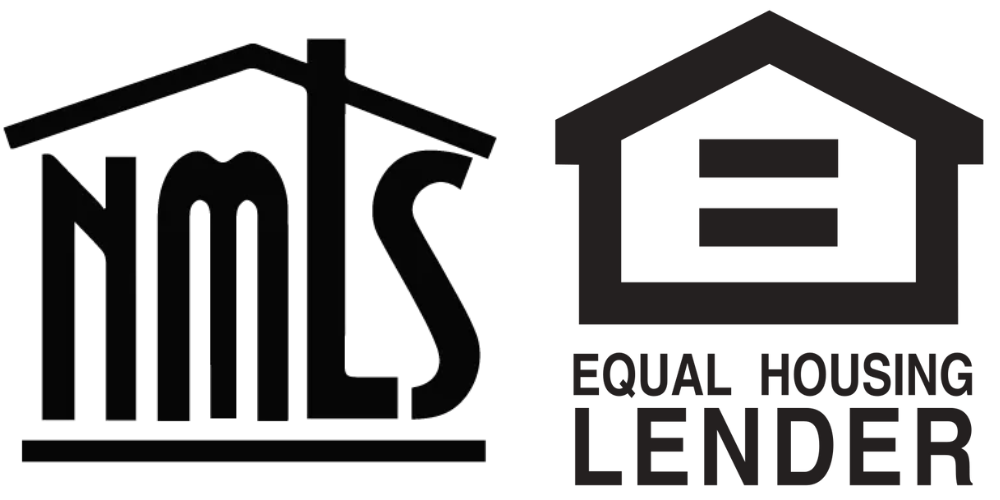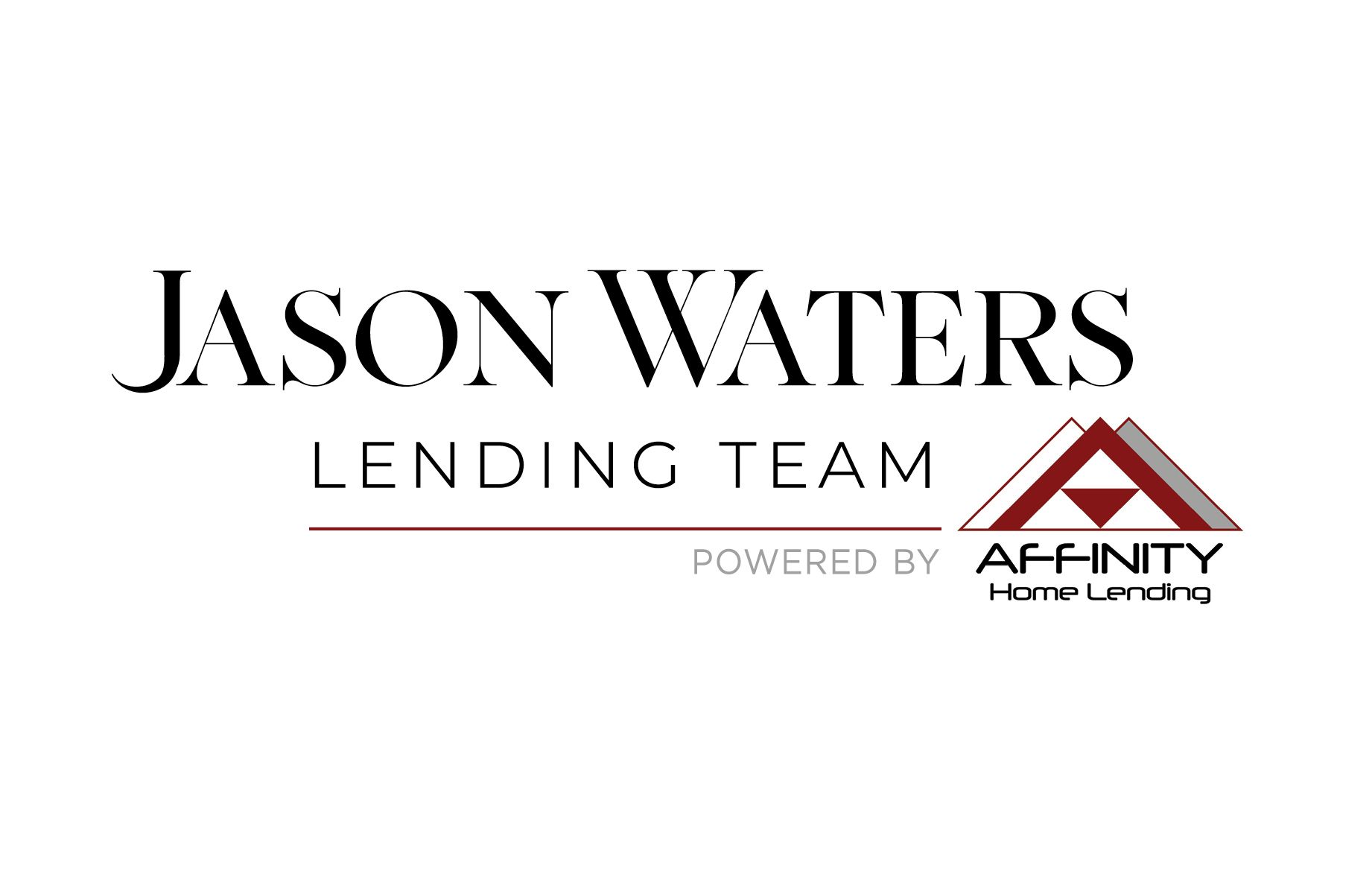Demystifying Loans: Residential vs. Commercial with the Jason Waters Lending Team
Hi there! Whether you're a seasoned investor or just starting out, navigating the world of loans can be confusing. Here at the Jason Waters Lending Team, we're passionate about empowering borrowers with knowledge. Today, we'll break down the key differences between residential and commercial loans, focusing on rates, terms, and structure.
Understanding Your Needs
The first step is identifying your goals. Are you seeking a cozy place to call home, or financing for your business venture? Let's dive into the specifics of each loan type:
Residential Loans: Your Home Sweet Home
- Rates: Typically offer lower interest rates compared to commercial loans. This reflects the lower perceived risk for lenders with residential properties. Rates can be fixed (staying the same throughout the loan) or adjustable (fluctuating with the market).
- Term: Residential loans are known for their longer terms, often stretching 15 or 30 years. This allows for manageable monthly payments while building equity over time.
- Structure: Residential loans are typically secured by the property itself. This means if you default on the loan, the lender can repossess the house to recoup their losses. Stricter qualifications apply, with a focus on your credit score, income, and down payment amount.
Commercial Loans: Financing Your Business Dreams
- Rates: Generally carry higher interest rates than residential loans due to the inherent risk involved in business ventures. Rates can be fixed or variable, depending on the loan product.
- Term: Commercial loans tend to have shorter terms compared to residential loans, often ranging from 5 to 10 years. This reflects the fast-paced nature of business and the lender's desire to get their capital back sooner.
- Structure: Commercial loans can be secured by the property itself (similar to residential loans) or by other business assets. The specific structure will depend on the lender's assessment of your business and the loan purpose. Qualification requirements are also more flexible, with a focus on your business plan, financial history, and the property's value (if applicable).
The Takeaway
Understanding these key differences empowers you to choose the right loan for your specific needs. Whether you're seeking a haven for your family or fuel for your business ambitions, the Jason Waters Lending Team is here to guide you. Contact us today for a free consultation and let's discuss your path to success!
NMLS #1181151
Affinity Home Lending LLC, NMLS ID #1181151
NMLS Consumer Access NMLS # 623984
Georgia RMLO# 57874
Affinity Home Lending Licensed States:
GA# 42129 • AL# 23111 • CO# 1181151
FL# MLD2157 • MS# 1181151 • NC# L214519
OH# RM804930 • SC# L214519 • TN# 182797
TX# 1181151 • VA# MC7205
Equal Housing Opportunity Lender. Figures deemed reliable, but errors may occur. Rates and terms subject to change without notice. This is not an offer to make a loan or to make a loan on any particular terms. All loan applicants must qualify under the underwriting requirements and satisfy all contingencies of loan approval.
Copyright ©2024 Affinity Home Lending. All Rights Reserved.
An AgencyNext Production.

